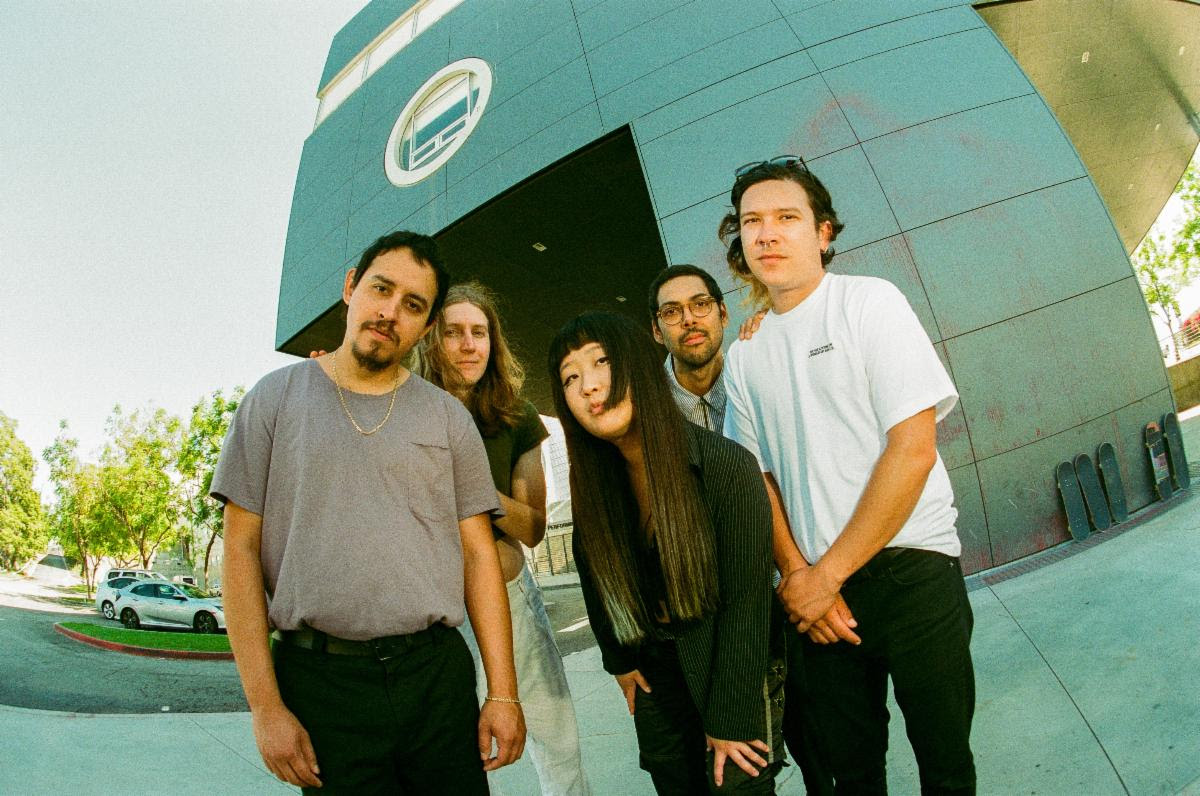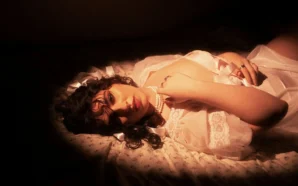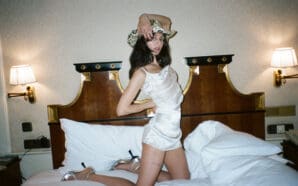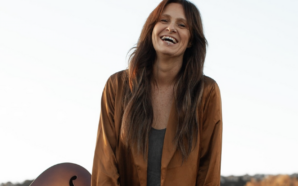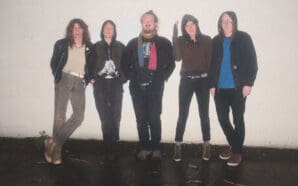Today LA shoegaze outfit Draag released “Demonbird,” the second single from the band’s upcoming debut LP, Dark Fire Heresy, out April 28th. The song (and accompanying music video) – like the full-length’s first single, “Mitsuwa”— has Jessica Huang exploring and coming to terms with the religious abuse of her upbringing, which provides much of the inspiration behind Dark Fire Heresy. Although Huang’s experience provides many of the themes found on the album, Draag actually technically began as the solo project of Adrian Acosta, who was trained as a mariachi singer, but went on to immerse himself in the city’s punk scene in the earliest days of his teen years. Draag’s first two EPs – 2018’s Nontoxic Process and 2020’s Clara Luz — were largely comprised of reworkings of songs Acosta wrote when he was just 10-years-old. Since then, Draag has earned critical acclaim from the likes of Los Angeles Times, PAPER, and Noisey, and gained a reputation for their live show around LA. Next month, prior to the release of Dark Fire Heresy, they’re hitting the road with Cryogeyser, including a stop at MilkBoy on Sunday, April 23rd. Earlier this month I got a chance to chat with Huang and Acosta via Zoom about their roots (musical and otherwise), influences, and what you can expect from Draag in the near future.
Izzy Cihak: Your debut album, Dark Fire Heresy, comes out next month. How do you think the album compares to your previous EPs. I know the songs were conceived in a very different manner.
Jessica Huang: It’s out first full-length album that we produced and mixed ourselves. Adrian basically spent the start of the pandemic (and for like two years after that) learning how to record ourselves, since we were never very satisfied with how other friends who are experienced (like mixing engineers and producers) were able to do it the way we imagined in our minds. And I think we tried to be really ambitious with it. Adrian is really into getting the right guitar tones, and some tracks have like how many guitar dubs in them?
Adrian Acosta: Thirty!
Jessica: And we always wanna make sure that the synths are very present, also. That can kind of tend to get lost when there’s a lot of guitars and it’s very saturated. And the vocals, too, we want to be our style. We try to avoid the kind of washy, thin vocals that sometimes the stereotypical shoegaze music has [laughs]. We tried to move away from that, for the most part. The EPs were kind of like mixtapes. The very first one we just wiped from the internet, because the recording definitely sounded like it was in a garage [laughs]. Those were your karaoke tape decks, right, Adrian?
Adrian: Yeah. Those were started because I had written songs; I decided to revise songs I wrote when I was 10 years old [laughs]. And, it kind of just took off from there.
Izzy: Yeah, I know the band kind of started as a weird solo project, so I’m curious how that evolved into your current formation. I understand you found some members through Craigslist, which I haven’t heard in quite some time.
Adrian: Jess and I met on Craigslist!
Izzy: Oh, that’s how you met!
Jessica: Yeah, us two met, and then everyone else is through…
Adrian: Mutual friends in the music community, but Jess and I were the source that essentially started the band, and it kind of just took off from there. But yeah, Craigslist is a big reason why this band exists.
Izzy: What would you consider to be your most significant collective influences?
Adrian: Boards of Canada, I think they’re my all-time favorite band…
Jessica: My Bloody Valentine and Aphex Twin. We talk about those three a lot, especially how ambient they can be, but also very intense, but beautiful at the same time. So, it’s not all of one thing, like not all aggressive, but not all just soothing. I think that’s kind of why it influences us to do things that can sound pretty intense sonically, or with the emotion, but also still blissful in some way.
Izzy: Have you gotten any favorite early reactions to your music so far, whether things critics have said, things fans have told you, or just reactions you’ve gotten from live audiences?
Adrian: Someone said that we sounded like Sleep-meets-Stereolab; I thought that was pretty cool.
Jessica: Live, I’m thinking about the last El Cid show we did, when you threw your guitar [laughs].
Adrian: [Laughing] I had a fit onstage and I started breaking gear because the sound person was garbage…
Jessica: There were a lot of kids there. I feel like that generation, Gen Z, who were experiencing music just online, but then when it opened up, they went to shows and they’re screaming, and they’re very enthusiastic. Those were the kids that told us they’ve never seen anything like that before, where a show can also be an experience. Adrian comes from punk roots, when you’re like 13/14, doing backyard shows every weekend, which I never got to experience, but the way you grew up changed how you looked at music live, so it seemed like it was their first experience of seeing things knocked over…
Adrian: Just throwing away the element of perfection and experiencing a very human moment. Kids definitely gravitated toward that…
Izzy: It’s funny, because I’m actually teaching a class about contemporary music, and my students do just mostly experience music on the internet, and don’t even wanna go to concerts. But, just today, we were talking about the doc [Crossfire Hurricane] about The Rolling Stones’ early years, and about like how at the early shows there were girls soiling themselves and guys beating up police officers, and I’m like, ‘Why wouldn’t you want to go see this?!?!?!?!’” But yeah, it’s sad that they don’t have that these days as much anymore.
Adrian: Yeah, it’s our job to provide that…
Izzy: Exactly! On a related note, next month you’re going on the road with Cryogeyser. How did you get hooked up with them? Are you like longtime friends?
Jessica: We were doing a residency at The Echo, so it’s like every Monday night for a month you get to book the shows, and they’re free, so it’s like a showcase for up-and-coming bands, and we met her at one of our residencies. It was a lot to book it, since it’s four shows up to you, so we basically just invited our community of artists that we respect and are fans of.
Izzy: What can be expected of Draag’s live show when you’re here next month at MilkBoy… in addition to possible tantrums? How would you characterize your live show?
Jessica: The tantrums and stuff, it doesn’t happen every time, it’s just when we feel that maybe the energy is kind of low… Or, when the energy is really good. Sometimes, in the past, Adrian has his noisier pedals on and he’ll jump off the stage and give his guitar to someone in the front, put it on them, and they can just play around with it and make noise. For the tour, we’re going to be playing a lot of the songs off of the album…
Adrian: Which requires a lot of focus. It’ll probably be a pretty focused show, but anything can happen…
Jessica: The songs are not easy to play, just because of all the layering that we do.
Izzy: Do you have a particular favorite type of setting to play, or one that feels most conducive to your sound and live show, or do you like the challenge of kind of having to play different types of spaces?
Adrian: I’m pretty open to any setting. I come from punk roots, so I’ve played the raunchiest of basements and backyards, dirt-filled stages, coming out of a show just barely being able to breathe because of all the dust and dirt that went up my nostrils. So, it doesn’t matter for me, as long as we have an audience to play to, we will play the same way every time.
Jessica: We’re really excited to play Philly, because we’re a fan of a lot of bands right now in Philly.
Izzy: What are some of your favorite Philly bands? There are a ton of bands that have been getting a lot of national attention over the last few years.
Jessica: They Are Gutting A Body Of Water. We’ve played with twice when they came to the West Coast. Full Body 2 is like a shoegaze drum and bass project. And then, I think A Country Western is from Philly… Spirit of the Beehive…
Adrian: Philly’s killin’ it right now. You guys are putting LA to shame!
Izzy: I know that you’ve become known for incorporating visuals into your live performances, but you’ve also put out a handful of really cool music videos. What is it that inspires the visual elements of your work, or is it different with every project?
Jessica: I think we tend to get really nostalgic when it comes to our visuals. It’s kind of like half swap meet Valley core, and gothic medieval type, from my religious imagery, just because of our backgrounds. Adrian’s taken me around his hometown in the Valley. That’s its own really interesting world of different brown, black, and Asian communities living among each other and then creating their own ecosystem. If you go to the swap meets, it still feels as if it’s from the ‘90s. And, for me, I grew up in a lot of Christianity, which I later found out — when I started therapy — was a cult. Like, a full-blown, really controlling one. And, no matter how smart you think you are, I didn’t realize what was going on. I had to memorize so much of the Bible and hear so much about hell and being afraid all the time and, because I just know so much about it, I find medieval art really fascinating, because it’s supposed to scare you into following the church. It’s kind of like what Bosch tried to do. Like really old art where that’s all they had, so you have to listen to the church, or that’s going to happen to you. And it’s just ironic that I’ve always kind of liked the darker side of that kind of art. And then it draws me in instead. It’s like a half-and-half. I’ve been through the not so pleasant side of being in religion, and then there’s so much that’s beautiful about it that it’s just objectively inspiring for me. So, at this point in time, that’s kind of what we’re influenced by.
Izzy: Finally, what’s next for you, after the album drops and this batch of tour dates wraps? How are you hoping and planning to spend the rest of 2023, or is it just going to be more time on the road, playing live, and trying to get the songs from the album out there?
Adrian: We plan to tour again, for sure, probably another leg of touring in the fall or late summer. But we’re already working on our follow-up record. We’re maybe about halfway through and hoping to complete that this summer. What’s interesting about this record is we’re definitely exploring new terrain. It just sounds completely different from what we’re doing now, but I think we’re definitely taking a pretty big risk in the way we’re approaching the music and the fusion of music. There’s a lot of break-beat kind of punk elements to it, but also a lot of stuff that people would probably still find familiar to our music, a tad. So, we’ve got those two things kind of on the horizon.
*Get your tickets here.
